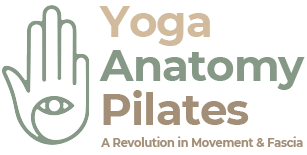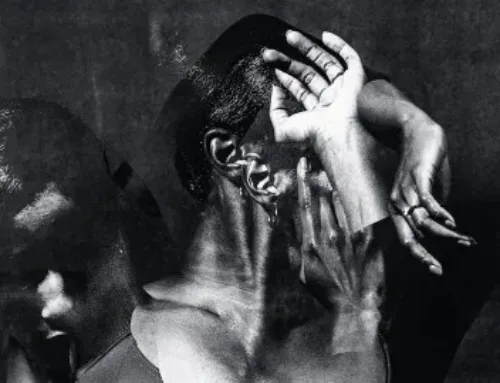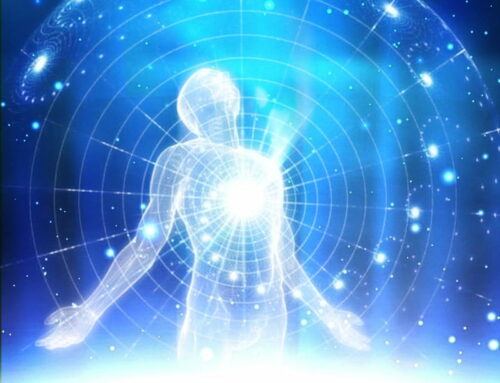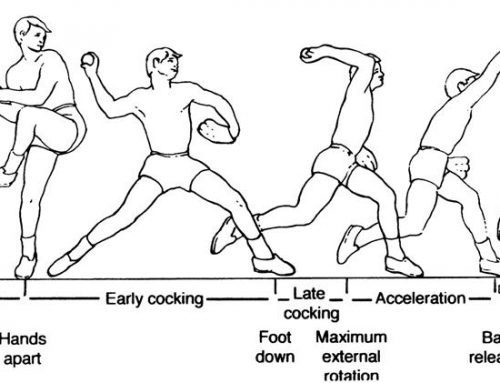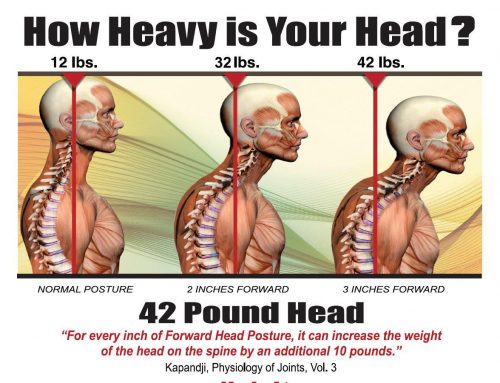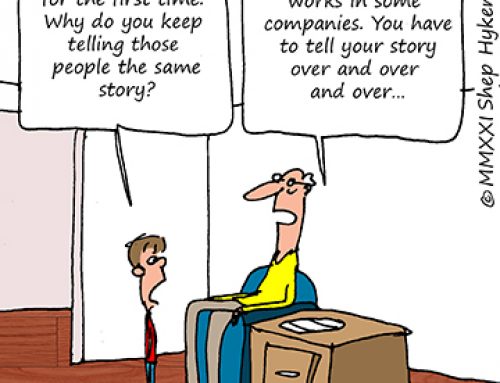Happiness & Pain – It’s not the mountain we conquer but ourselves
We are always striving for more discovery, to find new civilisations, to find new drugs, to cure the world’s problems, to cure disease and pain. Did you know when we listen, read, watch or participate in anything we are only actually present for 15 % of the time? The remaining 85 % is taken when our mind wanders and goes off on other thoughts. We are bombarded with research, articles and information through so many sources. However a lot is 15-25 years behind. “The soul becomes dyed with the colour red” said the Emperor Marcus Auralius. Our brain consists of about 100 billion nerves. In order to receive and pass on information they make connections with each other. If we have the same experience several times we begin to build patterns while unused patterns are slowly tuned away.
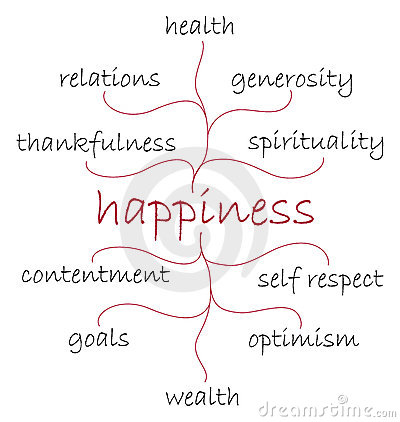
Our mental/emotional status and our constant permeable gut is more important than we think. I want to invite curiosity and exploration as you read this article. You may bump into places where you feel slightly defensive or uncomfortable. Don’t discount your thoughts and wisdom, but be curious about the internal and external information that you are receiving.

To most people health and physical integrity are prerequisites for a happy life. However, not everyone who is healthy is happy and not everyone who is sick is miserable. The reason is our sensitivity to change. Our sources and our satisfactions are driven by the comparisons we make. Blows of fate for instance, temporarily effect happiness, but as we become accustomed to a new situation, its impacts diminishes. This applies to both positive and negative experiences in life. Our happiness and reaction has a substantial effect on our health. Happy people are less affected by diabetes, cancer, auto-immune diseases, hearth attacks and depression – the opposite of happy. They are also more likely to have good self care and better social networks.
The best way to develop and discover without pre-judgement is that of infant development. Look at a baby always exploring and testing the boundaries.
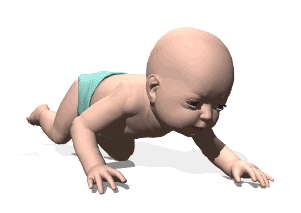 When we make an opinion or react this is based on:
When we make an opinion or react this is based on:
- Our global perspective
- Our gut health
- Our work & play
- Our consistency, compassion and empathy towards others.
Our health thoughts can go against the norm. New evidence shows links between our mood and disease starting in the gut. It actually takes around six months to heal the gut depending on the protocol and us an individual. Now I want you to relax and enjoy the journey. Every moment of healing is beautiful although we want the end goal. “It’s about the journey not the destination”.
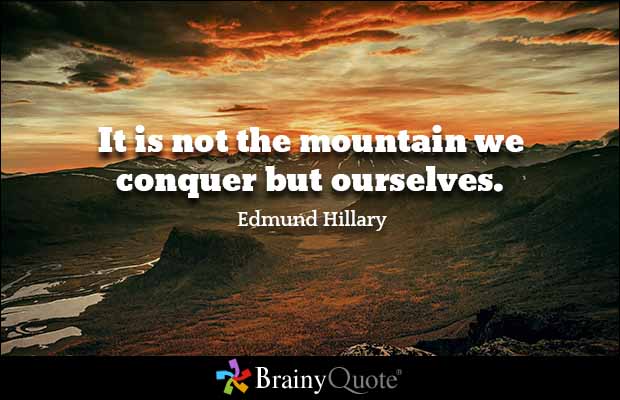
Do you have disease, discomfort or pain? Our current state of affairs is:
- 371 million have diabetes worldwide (IDF)
- 1-4 women and 1-6 men have an auto-immune disease
- depression increases by 20% each year
- Autism has doubled since 2000
- It’s the first time in history that our children’s life span will be less than ours
We need a balance between allopathic and homeopathic medicine to survive. One needs the other and vice versa. When dealing with pain our allopathic drugs will surpress symptoms which is great, however they also lock function. We have what’s called protein pathways in the body. A biological pathway is a series of actions among molecules in a cell that leads to a certain product or a change in a cell. Such a pathway can trigger the assembly of new molecules, such as a fat or protein. Pathways can also turn genes on and off, or spur a cell to move. When we block a pathway there is always an effect not side effect but an effect.
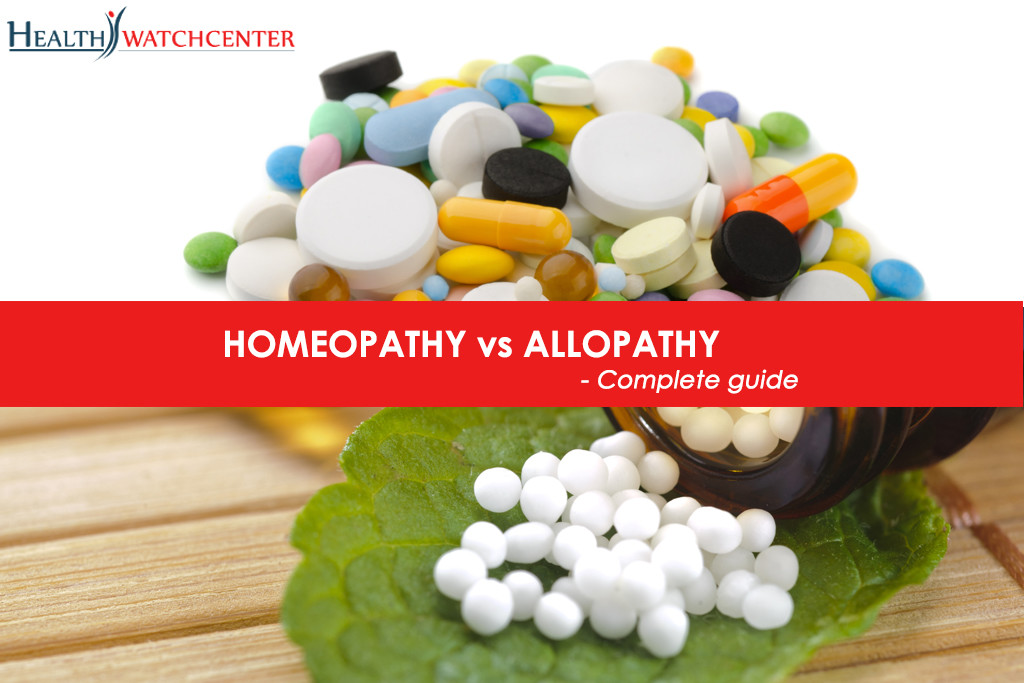
e.g Ibrofen is great in covering symptoms as it helps block pain, However it blocks the blood flow to the very cartilage that we are trying to heal. Another example is a histamine, it can definitely help us breathe and decrease body reactions, the protein associated with this executes synapses in the brain making us fatigued. Hence this is why some medical practitioners will prescribe histamines for insomnia. So what are we to do? 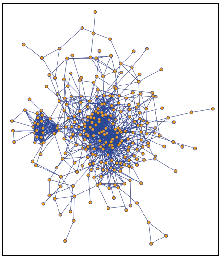
Our genes load the gun but the environment we live in from the moment of conception is what pulls the trigger. 90% of all disease is whats called expo zone/environmental/non-genetic and 10% we can blame on our genes. Non-genetic influences are the food we eat, external environment, what are parents/grandparents did, schools, nutrition, lifestyle choices, aspects of childhood, community and our relationships with ourselves. One of the oldest psychological arguments is the nature vs nurture debate, whatever the exact balance we have the power in our hands to create our own health and wellness through living, breathing and doing.
Bibliography
Jatorre Pierre – Chek faculty talk
‘The Happiness project’ – Gunther von Haggens
